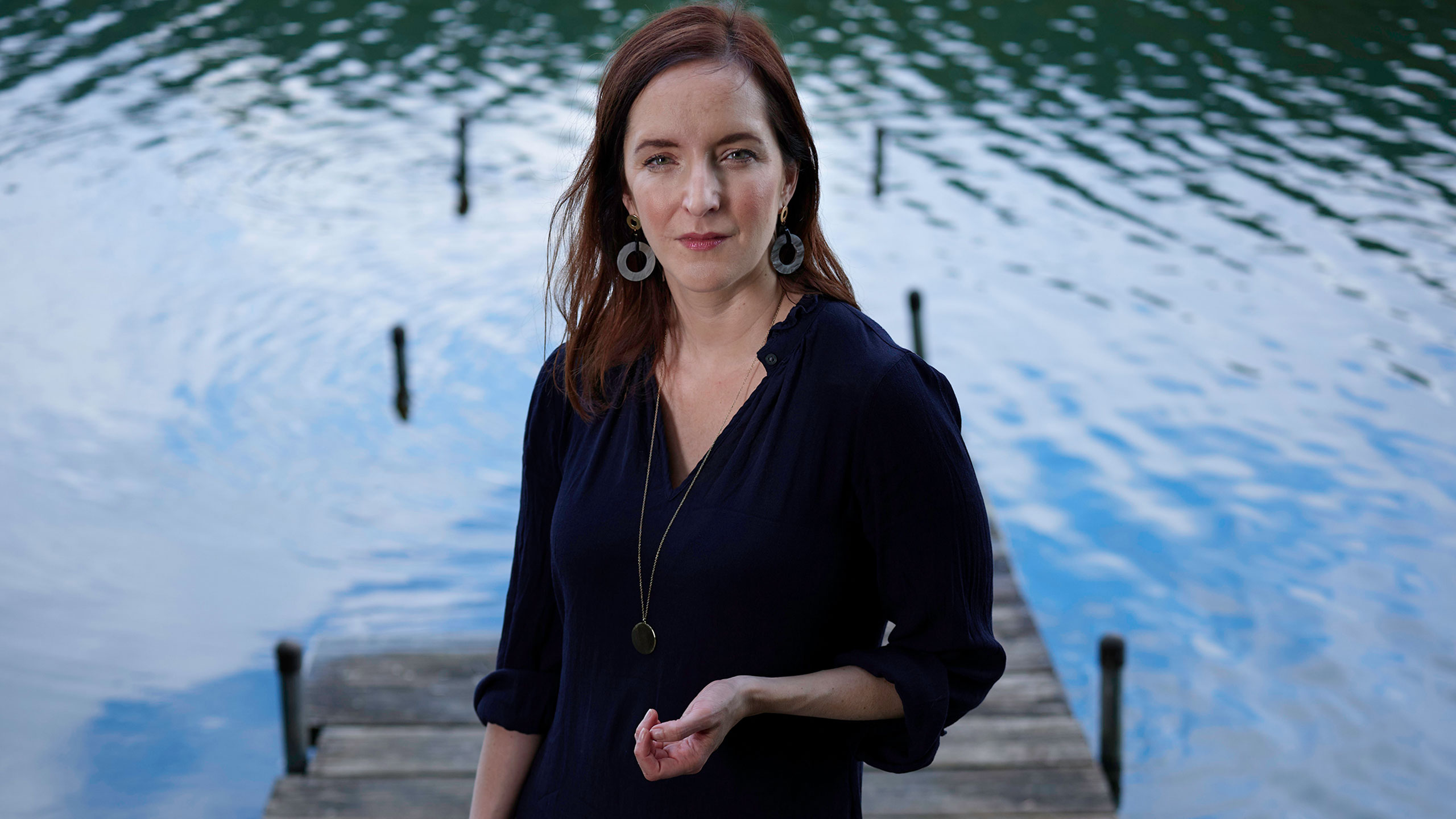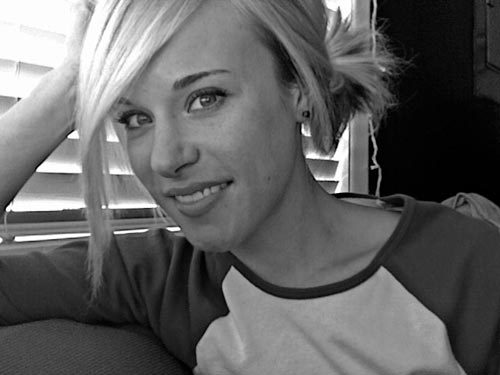Attention-Deficit/Hyperactivity Disorder (ADHD) has frequently been misunderstood as an impairment to focus and discipline, qualities that many may consider necessary for writers. However, many American authors have demonstrated ADHD as also an outlet for huge amounts of creativity, imagination, and originality. From memoirists to fiction writers, these individuals used their special cognitive energy to create fascinating work that conveyed strong emotions and originality.
Their experiences both demonstrates how hyperfocus, curiosity, and divergent thinking (aspects of ADHD) can lead to literary greatness, and create relatable examples for aspiring writers. The Top 7 U.S. Writers Who Had ADHD list celebrates those persons who translated their ADHD condition into a literary experience for others, created transformative and exciting modern literature, and inspired millions of readers and writers to see their ADHD neurodivergent experience of life and creativity not as a shortcoming, but as an extraordinary creative asset.
Check Out: List of Top 10 U.S. Schools with the Best Language Learning Programs (2025)
Top 7 American Writers With ADHD
Here are the top 7 U.S. Writers who have ADHD along with the name of the books that they have written, year of publication:
| No. | Writer Name | Notable Book / Work | Year of Publication |
| 1 | Rebecca Makkai | The Great Believers | 2018 |
| 2 | Katherine Ellison | Buzz: A Year of Paying Attention | 2010 |
| 3 | Allie Brosh | Hyperbole and a Half | 2013 |
| 4 | T.J. Klune | The Extraordinaries | 2020 |
| 5 | Timothy Denevi | Hyper: A Personal History of ADHD | 2014 |
| 6 | Merlin Mann | Inbox Zero (blog and productivity essays) | 2006 |
| 7 | Penn Holderness | ADHD Is Awesome | 2024 |
1. Rebecca Makkai

Rebecca Makkai, author of The Great Believers (2018), is a celebrated writer whose novels address issues such as memory, loss, and human connection. After being diagnosed as an adult with ADHD, Makkai embraces her vibrant creative energy and unique way of thinking. She often capitalizes on her hyperfocus to engage in reading and self-referential storytelling.
Her success is a testament to a neuro-divergent mind's ability to thrive in the realm of literature, flexing potential potential limitations into meaningful and highly imaginative and productive sources for storytelling.
2. Katherine Ellison

Pulitzer Prize-winning journalist Katherine Ellison chronicled her ADHD journey in Buzz: A Year of Paying Attention (2010). After being diagnosed with ADHD after and writing about it for parenting, Ellison told her experience not just as a parent, but also as someone living with ADHD.
This memoir is a humorous, honest and reflective take on her attention challenges in her challenging career. Ellison's story encourages adults (especially women) to identify how ADHD was potentially impacting their lives, and that the goal is understanding your mind and challenges, not blame or stigma.
3. Allie Brosh

Allie Brosh is a cartoonist and the author of Hyperbole and a Half (2013), mixing humor, comics, and emotional honesty to describe her own experience living with ADHD and depression. Brosh's unique style, colorful, messy, and heartfelt, has captivated millions of followers.
Her work shows how something authentic and not-quite-textbook can create strong emotional connections. Brosh's art reconceptualizes the difficulties of ADHD into creative wonders while providing readers with laughter and connections about mental health.
4. T.J. Klune

Bestselling author T.J. Klune, known for The Extraordinaries (2020), writes captivating heart warming fantasy and LGBTQ+ fiction with humor and empathy. Also diagnosed with ADHD, Klune often includes neurodivergent characters in his books to make the stories relatable.
Reading Klune is a guaranteed ride of action and imagination, paired with well-thought out emotional development. Klune's experience and openness about ADHD helps people reframe the neurodiverse diagnosis into a potential for creativity and ability.
5. Timothy Denevi

Timothy Denevi's autobiographical account, Hyper: A Personal History of ADHD (2014), narrates the author's lifetime of living with ADHD. Denevi, who is a writer and professor, is able to use his memoir in conjunction with scientific articulation into a reliance of its own to describe the complexities of his condition.
Denevi's honest narrative allows the reader to connect the realities of individual experiences with an effort to reach a collective or societal understanding. In a word, Denevi's work strives to evoke empathy by unpacking misconceptions, that ADHD exists not as a deficiency, but as an aspect of human variation.
Comments
All Comments (0)
Join the conversation